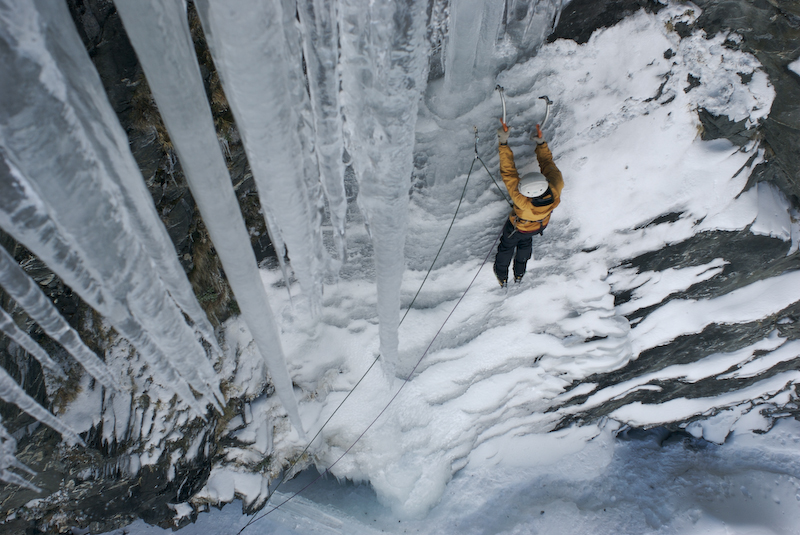
'The Last Mountain' Featuring Mountaintop Removal Activist Maria Gunnoe
The Last Mountain, a film about mountaintop removal which prominently features 2011 Festival special guest Maria Gunnoe, opened this month in Washington D.C. and New York and is screening in theatres around the country throughout the summer.
The documentarty, and Gunnoe, were recently profiled on documentary.org:
Every day the detonation of four million pounds of explosives echoes through the West Virginia mountains as a small army of companies lays bare the coal formed under the mountaintops over 200 million years ago. Like all wars, even environmental ones, there's collateral damage.
"It's like living in Afghanistan or Pakistan," says Maria Gunnoe, whose childhood home where she still lives is just below ground zero for the Jupiter Mine's explosive mountaintop-clearing operations in Boone County.
Removing 800 feet of mountain also destroys the ancient hardwood forest, which not only provides shade and supports wildlife but also gives the land the ability to retain water when it rains. Without the protection of the forest, a devastating flood in 2000 put Gunnoe's home underwater and made her aware of the damage caused by what's become known as mountaintop removal (MTR) coal mining.
The flooding was not the only problem caused by MTR. "The water and the air that our children breathe is the worst in the country," says Gunnoe. The blasting emits silica-laden dust from shale and granite, and if inhaled can lead to silicosis--obstructions on the lungs that block the flow of oxygen into the blood. This alone can be debilitating or even fatal but it also weakens the immune system and increases the likelihood of contracting other lung diseases such as tuberculosis or pneumonia. Studies have linked exposure to silica with various cancers (lung, stomach, lymphatic and skin) and kidney diseases such as nephritis and end-stage renal disease.
"We've had medical studies done," Gunnoe asserts. "We're finding silica dust in our homes, even in our refrigerators. We as community members are breathing more dust than the workers. They have respirators; we're sitting ducks."
Instead of accepting defeat, Gunnoe transformed from waitress to activist, and now works full time to stop mountaintop removal. "I became an activist to fight for what's important to me," she maintains. Recognizing the importance of jobs to the community, she joined other activists to search for alternatives to blowing up the mountains. "We're at a crossroads now and we cannot sacrifice our planet for fossil fuels," she says. "They're poisoning our planet."
Watch The Last Mountain trailer:



